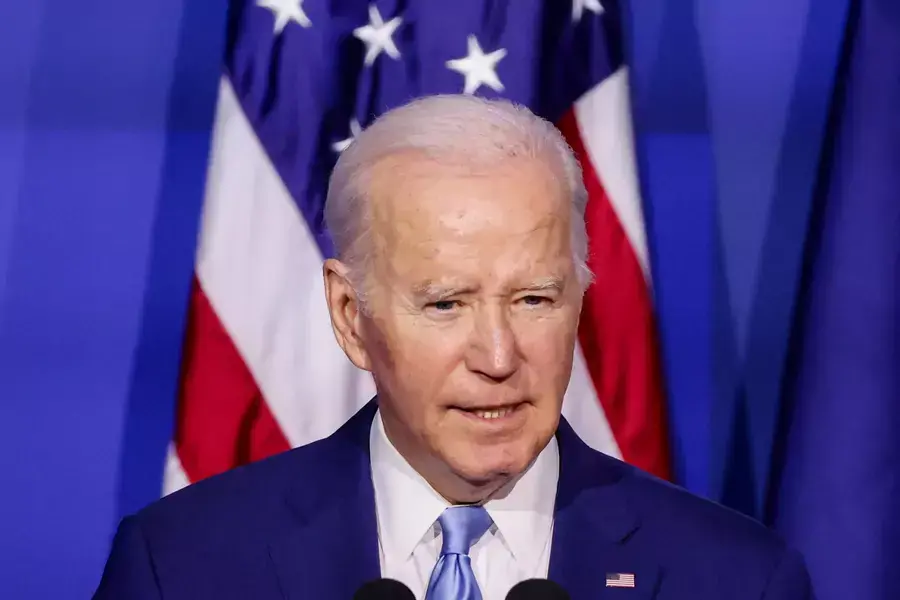Inu Manak and Manjari Chatterjee Miller

When President Joe Biden launched the Indo-Pacific Economic Framework (IPEF) in May 2022, he declared that the agreement would write “new rules for the 21st century economy.” Modeled on four pillars—trade, supply chains, clean energy, and tackling corruption—the IPEF is the administration’s response to growing Chinese influence in the region and a desire to shore up U.S. presence among key Indo-Pacific partners. However, at a summit this month, IPEF countries failed to conclude an agreement on the trade pillar, leaving the framework with no substantive economic component. Making matters worse, of the thirteen countries negotiating with the United States, only three have an existing trade agreement—Australia, Singapore, and South Korea. This means the collapse of the trade pillar of IPEF is a missed opportunity to deepen economic links in the Indo-Pacific and undercuts U.S. efforts to develop a new architecture for engagement in the region.
The administration did point to the three other pillars of IPEF as achievements. Secretary of Commerce Gina Raimondo finalized the two pillars focused on financing for the green transition and commitments to combat corruption. The third, the supply chain pillar, was concluded in May and established new rules to help governments respond to supply chain disruptions. To read more about IPEF and U.S. efforts to shore up influence in the Indo-Pacific,
No comments:
Post a Comment